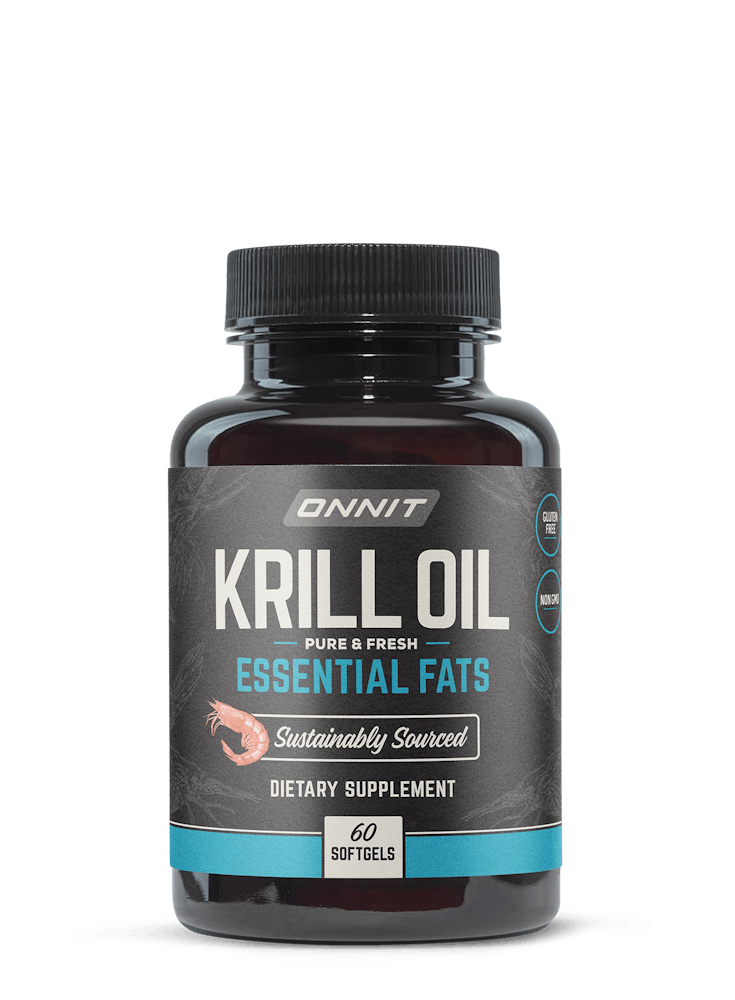SHOP NOW
invite friends & get $20
onnit x rewards: earn points for exclusives
Keep-It™ Money Back Guarantee
We’re confident you’ll love your Onnit supplements. If the product doesn't perform for you, however, we’re not gonna play games with you. Order any of our entry size
supplements, and if you don’t like it, you can keep it! Notify our team, telling us why it wasn't a fit for you, and we’ll get you a refund right there on the spot - no return necessary. We
just ask that you try it out for at least two weeks to give it a fair shot.
Our Keep-It™ guarantee is valid for the first-time purchase of a formula, and redeemable up to three months (90 days) after the purchase date. Multiple bottles, foods,
apparel and gear do not fall under this guarantee, however, they may be applicable for return. Fitness equipment, personal care products, knowledge purchases, digital products, and DVDs are
not eligible for return or refund. For more information and a full list of products that qualify, visit our Keep-It™ page.
Further details can be found on our Refund Policy support page.
Free Shipping
Free shipping is offered on orders with a minimum subtotal of $100 less discounts. Free shipping is only available in the contiguous U.S. and
excludes Fitness and Digital items.
Media
For media inquiries please contact us at media@onnit.com.
Subscribe & Save
With a subscription, you'll get your favorite Onnit products whenever you want at 15% off MSRP unless otherwise noted. All automatic, worry free, and with our same great money back guarantee.
Cancel or adjust your order at any time, hassle free. Your payment method will only be charged right before your order ships.
The discount applied every time is 15% off MSRP (unless otherwise noted) or the current sale discount, whichever is greater.
For more information, see the complete Onnit Subscription Terms & Conditions and Frequently Asked Questions.







